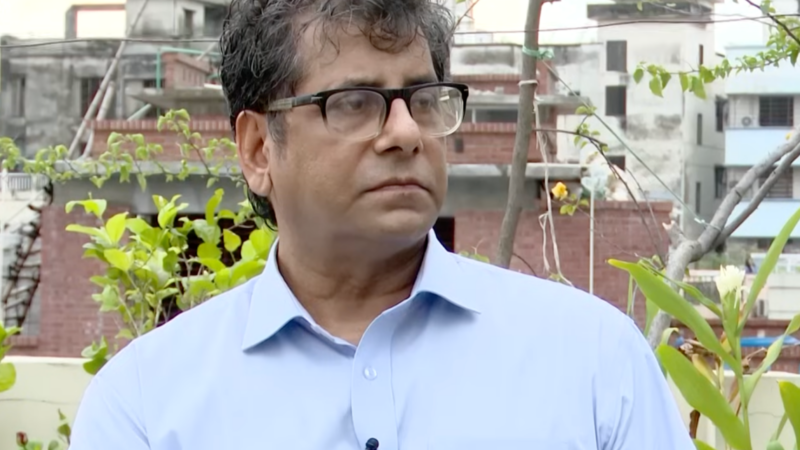Niger approves re-deployment of more European special forces from Mali

Niger’s President Mohamed Bazoum arrives for the first day of a European Union- African Union summit at the European Council building in Brussels, Belgium, February 17, 2022. John Thys/Pool via REUTERS
NIAMEY, April 22 (Reuters) – Niger lawmakers on Friday approved a bill allowing the deployment of more European special forces to help stem a jihadist insurgency across the Sahel, a move rejected by some parties that oppose Western military influence.
President Mohamed Bazoum agreed in February for the former French colony to host special forces from neighbouring Mali as France withdraws troops deployed since 2013 to help fight Islamist militants, who have since spread from Mali’s arid north.
Niger’s parliament voted overwhelmingly in favour of the bill, which clears the way for more European troops to be deployed but did not specify how many.
Register now for FREE unlimited access to Reuters.com Register
About 2,400 French troops and 900 special forces in the French-led Takuba force are expected to leave Mali in coming months due to deteriorating relations with its ruling military junta. read more
There are concerns France’s withdrawal could sap a lengthy battle against insurgents linked to al Qaeda and Islamic State that have killed hundreds, displaced millions and made swathes of territory ungovernable in the Sahel, south of the Sahara.
Discussions continue on re-deployment of troops leaving Mali, with a view to using them to protect affected countries in the Sahel and the coastal Gulf of Guinea nations.
The coastal states, such as Benin, Ghana and Ivory Coast, which have been hit by spillover attacks in recent months, could also host troops if needed.
The deployments will add to French and other European special forces already stationed along Niger’s border with Mali in February, boosting military bases nationwide, the bill said.
“We need foreign forces for intelligence and aerial support to Nigerien armed forces fighting on the ground,” said leading ruling party member Daouda Mamadou Marte before the debate.
The ruling party holds a majority in parliament, with 135 out of 166 seats. But it has faced staunch resistance by opposition lawmakers and civil society groups weary of a foreign army presence amid growing public anger about France’s military involvement in its former colonies.
Protesters in both Burkina Faso and Niger blocked a French convoy travelling from Ivory Coast to Mali in November. Ensuing clashes in western Niger killed at least two people and injured over a dozen. L1N2SI06D
Nigerien civil society leader Abdoulaye Seydou said passing the bill would be a breach of sovereignty.
“Sahelian states are able to set up their own protection mechanisms,” he told Reuters.
Register now for FREE unlimited access to Reuters.com Register
Reporting by Boureima Balima and Moussa Aksar Writing by Sofia Christensen and Nellie Peyton Editing by William Maclean and Mark Potter
Our Standards: The Thomson Reuters Trust Principles.






